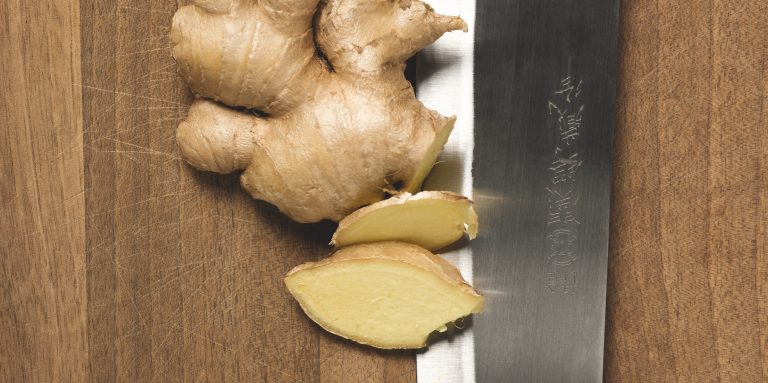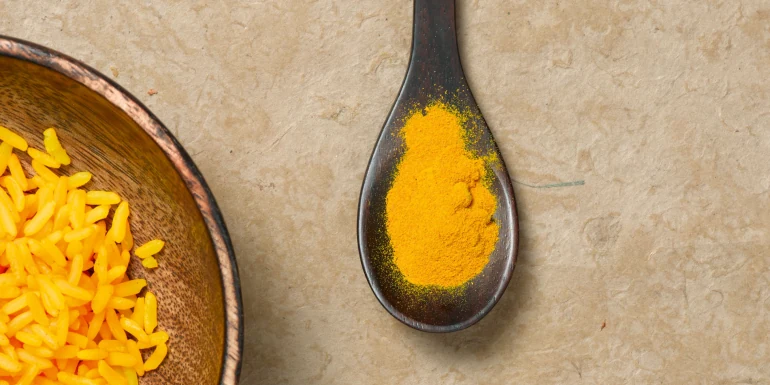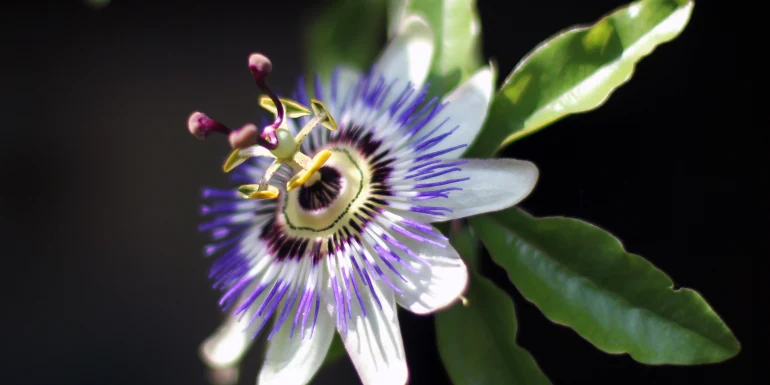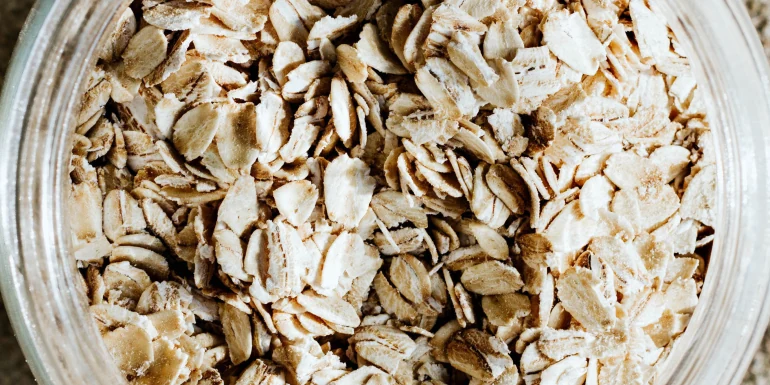
Nourishing guest from the Far East: ginger
The “hot tuber” used primarily in Indian cuisine is much more than just a spice: ginger has a pleasant warming effect and chases cold away from anywhere it should not be. It aids digestion and calms an upset stomach. That is why it is also appreciated when travelling.
For 2,500 years, the tuber from Asia (Zingiber officinalis) has been used by the Indians and Chinese as a spice and remedy. In the Indian Sanskrit scriptures, ginger is considered a “hot plant” which Agni, the God of Fire, eats. According to the Indian view, he lives in the stomach and controls emotions, digestion and sex drive. Ginger was taken to Arabia in the 9th century. Its effect of enabling everything to be digested was even written in the Koran.
The trading routes saw ginger reach Greece and Rome, before crossing the Alps to reach northern Europe. It has been omnipresent in European medicinal herb culture since the 12th century: Hildegard of Bingen and Paracelsus praised its warming effect and recommended it to people suffering from gastroenteritis, flatulent colic, nausea and menstrual cramps.
Protection against inner coldness
Ginger increases blood circulation of the mucous membranes in the digestive tract, thus facilitating the secretion of gastric juices, salivation and bile production. In addition, it strengthens peristalsis and reduces flatulence and cramps, thus preventing constipation. It also stimulates circulation, leading to reduced vertigo and vomiting and a stronger heartbeat. Its anti-inflammatory effect in case of bronchitis, frontal sinusitis and maxillary sinusitis should also not be forgotten.
For digestive problems, vertigo and menstrual cramps. Has an anti-inflammatory effect in case of bronchitis, frontal sinusitis and maxillary sinusitis.
As a tea to alleviate various ailments
For adults and children over the age of six: pour 3 dl of boiling water over 0.5 to 2 g freshly chopped or powdered ginger, cover and allow to steep for five minutes and then pour through a sieve. Drink one cup three times daily. One teaspoon full of freshly grated ginger corresponds to about 3 g. Children under the age of six often find ginger too sharp, which is why the tea should be diluted.
Especially effective against vertigo and vomiting
Half an hour before embarking on a journey: drink one cup of ginger tea or chew a fresh piece of ginger until it gets too sharp for you. If required, repeat this dose after four hours (tea or piece of ginger): maximum four times four doses.
Hypogeal “antlers”
Ginger, a herbaceous perennial, grows to a height of one to two metres in humid tropical regions. The reed-like stem consists of connate leaves which are closely entwined to form a reed. The leaves grow directly from a hypogeal tuber. This “imitation stem” ends in a narrow, arched flower spike which produces relatively small, yellow flowers with crimson lips. The thick, bulbous, juicy rootstock is just underground and is shaped like antlers. If you cut it in half, its distinctive, pungent scent of ginger and lemon immediately envelops the room.



Newsletter
Find out more about current health issues every month and get all the information you need about our attractive offers from all Helsana Group companies * delivered by e-mail to read whenever it suits you. Our newsletter is free of charge and you can sign up here:
We did not receive your information. Please try again later.
* The Helsana Group comprises Helsana Insurance Company Ltd, Helsana Supplementary Insurances Ltd and Helsana Accidents Ltd.